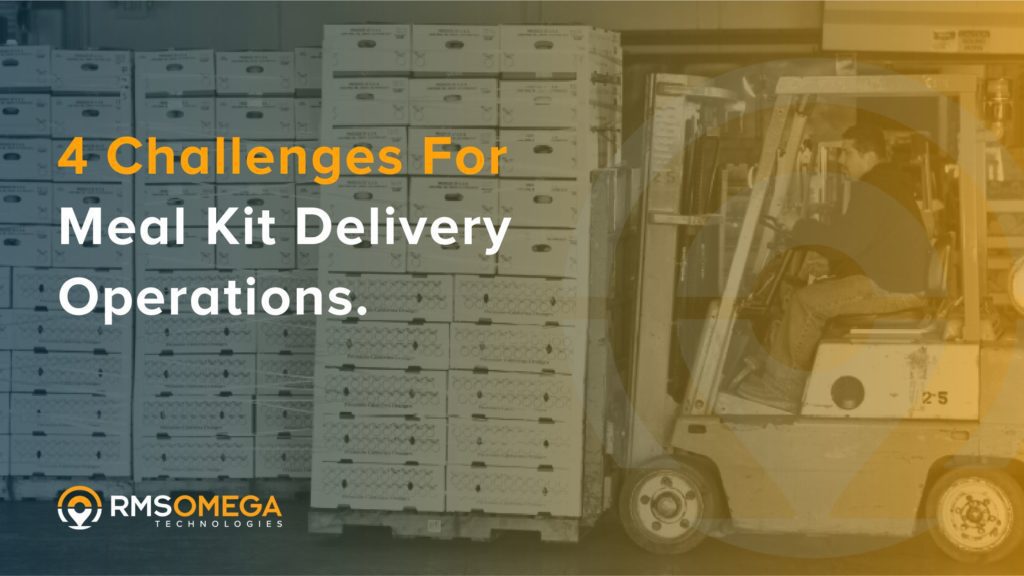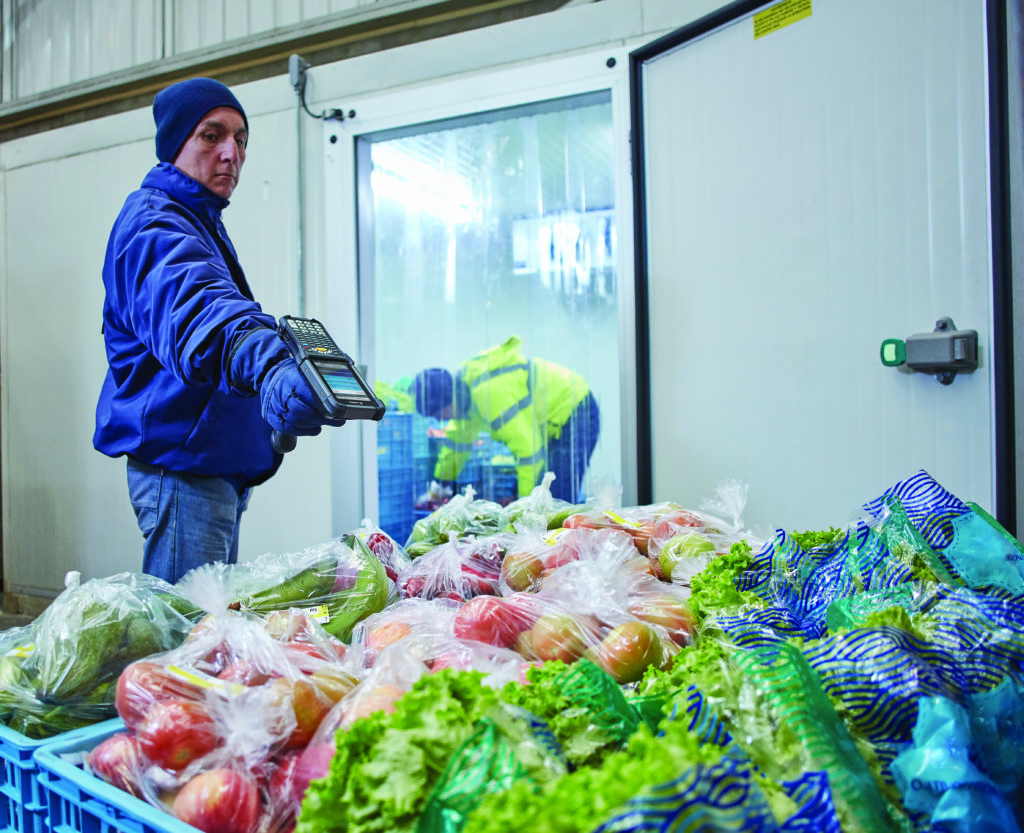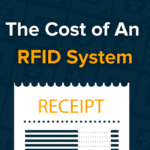
In the early 2010s, direct-to-consumer (DTC) meal delivery was an emerging market with high growth potential, especially for new startups. A decade later, and with a swell of new subscribers after the COVID-19 pandemic, meal kit delivery operations face a new chapter. Today the DTC meal kit industry faces an influx of new competitors, growing operating costs, and high customer churn. All of which are making this once-promising new frontier a more competitive industry to excel in.
This article will cover some of the most pressing challenges impacting meal delivery operations today. More importantly, it will examine how to strategically leverage technology solutions to overcome them and build an advantage in an increasingly competitive industry.
1. Subscriber Churn

Canceled subscriptions, or subscriber churn, is one of the biggest problems meal kit delivery operations face. Even pre-pandemic, an analysis found that half of meal kit subscribers canceled their service in the first month. Furthermore, only 20% would go on to keep their service for 6 months or more. One leading provider is only making a profit on 30% of the customers they attract, with the other 70% abandoning the service.
Besides cost, the primary reason for canceled subscriptions is dissatisfaction with the service-mainly due to fulfillment errors. As long as services are priced competitively, long-term retention comes down to fulfilling customer orders accurately, timely, and consistently. In a crowded market space, meal kit providers have no room for losing customers to picking, packing, or shipping errors. Automating workflows with voice and vision-assisted technology can improve fulfillment accuracy to 99%, improving satisfaction and retention. Additionally, RFID technology can also validate SKUs and orders before they ship, mitigating any potential errors.
2. Omnichannel Logistics

Many meal kit companies aim to reduce the number of checkpoints throughout their value chain. By purchasing ingredients directly and eliminating the steps between producer to consumer, companies can reduce costs and increase speed and control over distribution. However, due to the lean structure of their operations, these companies need to maintain visibility to precisely forecast the quantity and types of ingredients they will need to fulfill orders.
Furthermore, many meal kit providers have been acquired or have entered partnerships with grocery retailers, adding brick-and-mortar to their distribution structures. These companies, which have primarily been e-commerce oriented, are now having to strategize around an omnichannel approach. RFID and RTLS solutions can automate inventory visibility in both distribution channels, tracking individual ingredients that are packaged and sent to subscribers as well as whole units that ship to retail partners.
3. Labor Market
![]()
The warehouse and distribution labor pool has become even more uncertain as a result of the Covid-19 pandemic. Between shortages, turnover, and higher costs – warehouse operations must automate manual workflows or modernize their technology & processes to succeed. Warehouses that continue to adopt antiquated technology and processes will struggle to keep up in a competitive industry and labor market.
Automating manual inventory workflows with RFID and RTLS can circumvent labor worker shortage challenges while also reducing labor and overhead costs. Alternatively, newer mobile technology like Android handhelds can improve labor efficiency by cutting training time and improving speed and performance. And when you add voice-enabled technology to your warehouse handhelds you can shorten the onboarding process even more.
4. Quality Standards
Food quality is a key value proposition for many DTC meal delivery firms. From a legal, marketing, and relationship perspective, meal kit delivery services must emphasize meeting customer expectations. This means delivering fresh, high-quality ingredients in the right quantity, at the right time. 
To execute this complex logistics challenge, delivery supply chains need to create a documented chain of custody. Through tracking technology like RFID and RTLS, organizations can set up automated checkpoints and time stamps for ingredients as they travel through the supply chain. Furthermore, Bluetooth temperature sensors can be implemented to ensure the integrity of cold storage products on their way to the consumer. Lastly, proper product labeling and printing can promote traceability and data transparency as ingredients travel from producers to consumers.
Tackling Meal-Kit Delivery Operations with RMS Omega
RMS Omega Technologies is uniquely suited to help meal delivery providers with the challenges they face today. Our 20+ years of supply chain expertise and industry partnerships with leading hardware and software providers for barcode, RFID, RTLS, wireless, and mobile technologies make us a premier partner for any data collection challenges. Our unique technology specializations help DTC delivery providers tackle key business challenges – helping them improve productivity, reduce operating costs, and meet new compliance demands.
- Inventory Management
- Automated Data Collection
- Asset Tracking & Visibility
- Workflow Automation
- Wireless Services & Infrastructure
- Printing & Labeling
- Professional Services & Support

